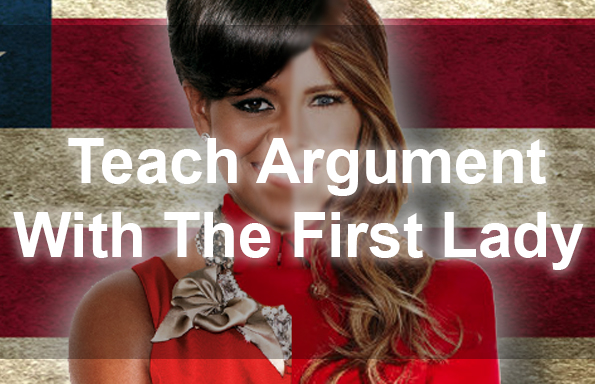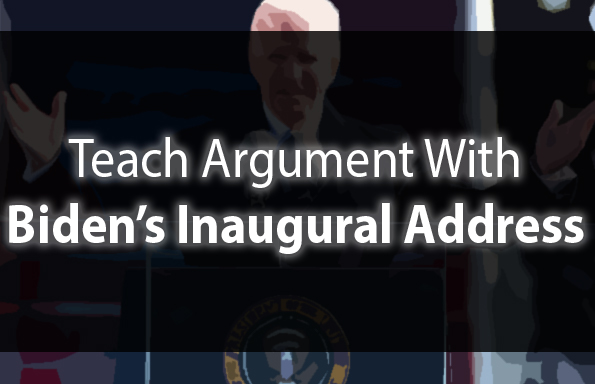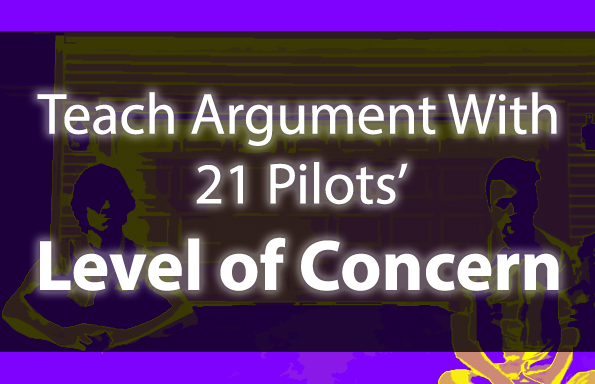To receive free and awesome lesson plans in your email all year long, click here! If you’d like to pay with a PO, request a quote here!
If you’re looking for innovative ways to integrate the high caliber rhetorical texts associated with election season into your classroom, you are going to LOVE this lesson.
Rather than placing the typical battery of speeches under our microscope (i.e. those of the presidential candidates themselves), this lesson bundle focuses on the speeches delivered by their spouses.
Conduct a close reading and comparative rhetorical analysis of speeches delivered by Michelle Obama across multiple years, Melania Trump, and America’s first potential “first man,” Bill Clinton. (There’s even a little wiggle room to integrate Eleanor Roosevelt’s speech to the 1940 Democratic National Convention, if you’re feeling particularly spicy.)
Lesson Description
This lesson bundle is awesome because it’s timely, because it’s super engaging, and because it is comprised of so many high quality texts. The materials that follow include:
- A rhetorical analysis of Melania Trump’s 2016 RNC speech.
- An opportunity to discuss the rhetorical implications of widely publicized plagiarism.
- A comparative rhetorical analysis between Melania Trump’s 2016 RNC speech and Michelle Obama’s 2008 DNC counterpart (emphasis on similarities in context).
- A comparative analysis of Michelle Obama’s 2016 DNC speech with two compelling options for synthesis.
- A formal essay prompt that asks students to consider the language and rhetoric of President Bill Clinton’s 2016 DNC speech (the first potential “first man”) in comparison with the other speeches they’ve analyzed (i.e. a heightened emphasis on gender, status, speaker, and kairos).
As always, these materials have been designed with flexibility in mind – they are easily adaptable for discussion, writing tasks of any length, and homework. All pertinent resources (speech transcripts) are also included.
Lesson Features
| Grades | Designed For Secondary and AP |
| Focus | Close Reading, Comparative Rhetorical Analysis |





